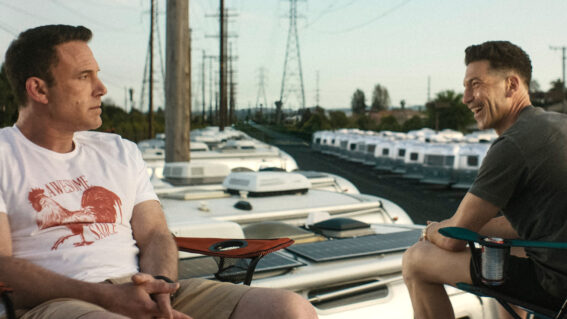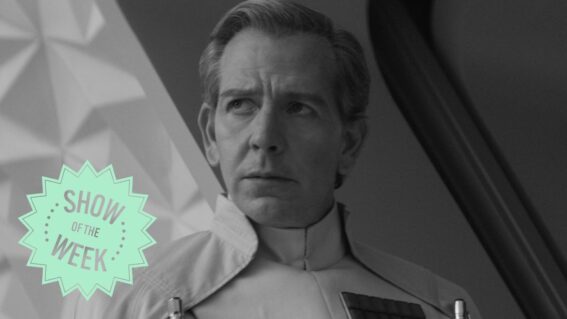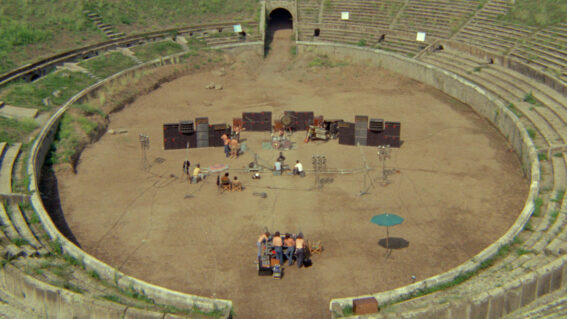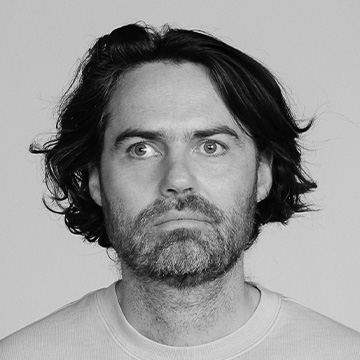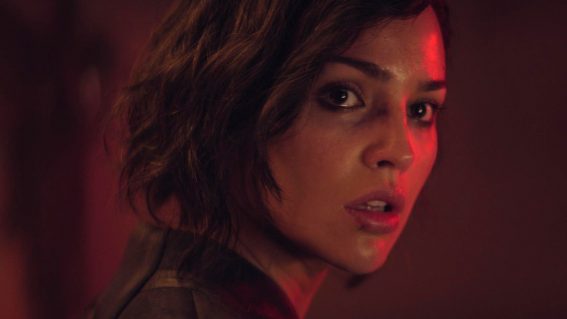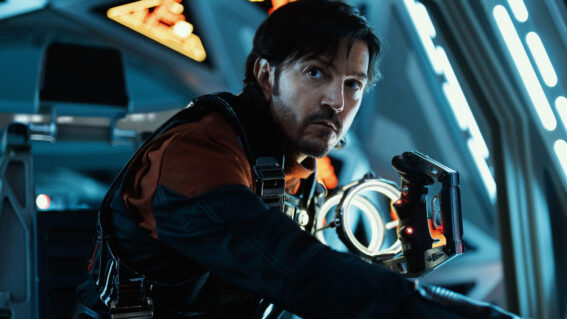Best of the fest: our top 20 faves from NZIFF 2024
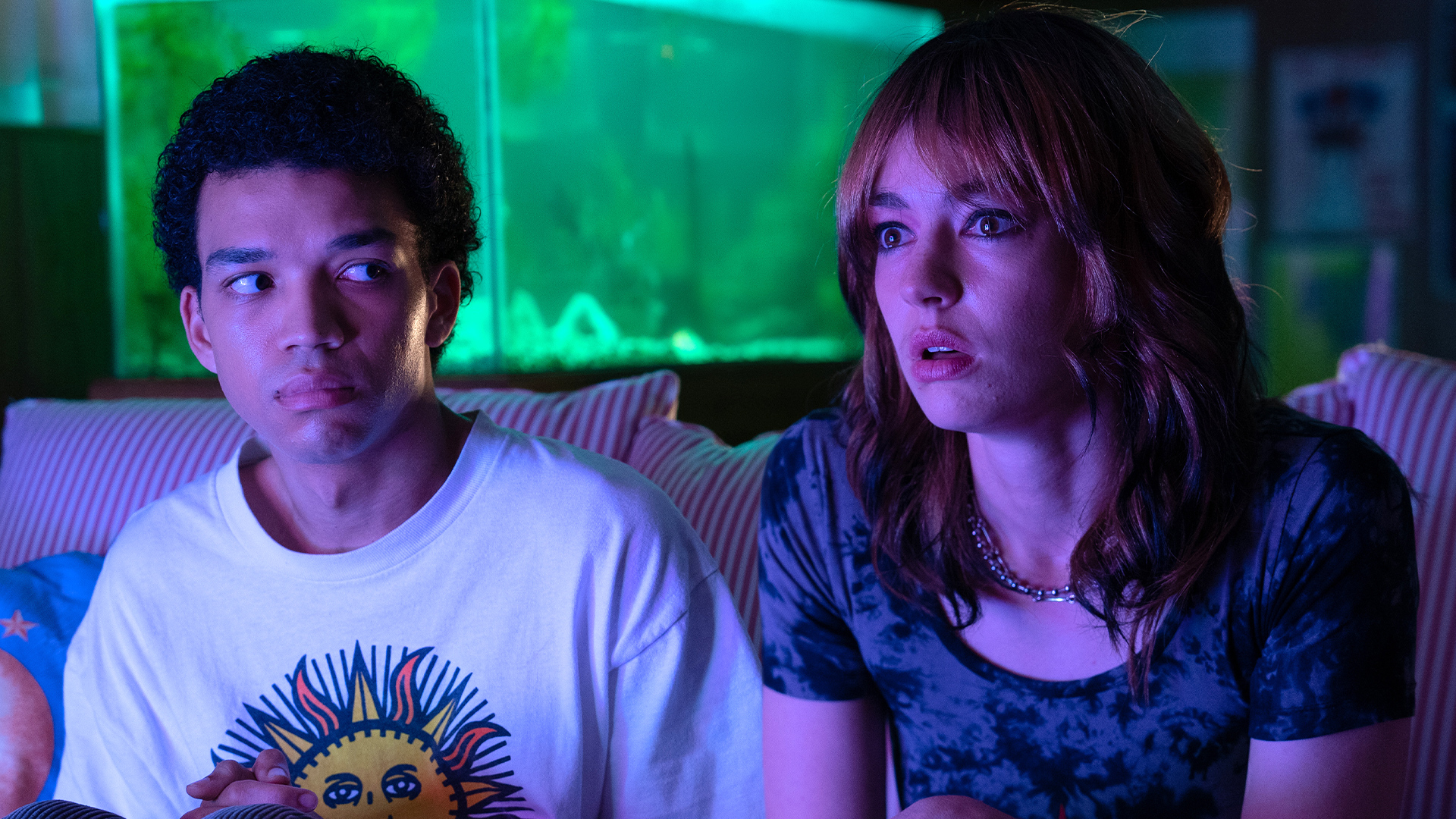
As we enjoy our summer, Flicks editor Steve Newall shares some of his favourite reads of the year.
In this feature, Flicks writers attending Whānau Mārama: New Zealand International Film Festival (NZIFF) count down our favourite fest films of 2024.
Get your watchlists ready—there was plenty to enjoy at this year’s NZIFF that you can look forward to seeing in one form or another this year.
Festival-goers among you will likely agree, even as you may not agree with these selections—but what we can all agree on is that art is not a competition. No, for it is a ranked list counting down a top twenty…
Thanks to Matthew Crawley, Callum Devlin, Adam Fresco, Liam Maguren, Katie Parker, Daniel Rutledge, Tony Stamp (and yours truly) for contributing mini-reviews throughout the fest. Each of these entries quotes from one of Flicks’ mini-reviews—which you can also check out via the links below.
All 2024 mini-reviews:
Latest reviews | A-G | H-O | P-Z
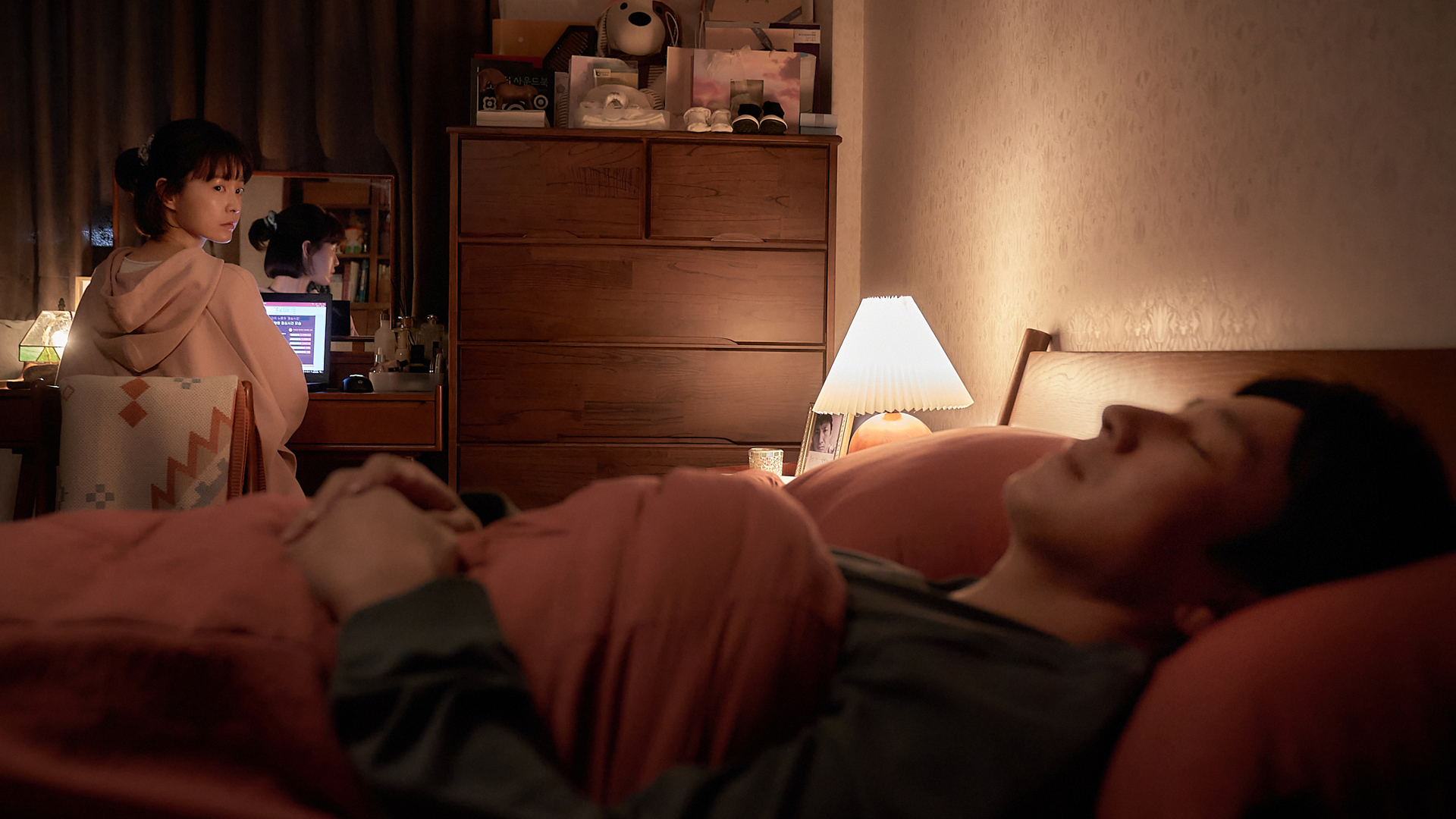
20. Sleep
Korean horror-thriller follows the pregnant Soo-jin (Jung Yu-mi), who starts the film with some low-level uneasiness about her husband’s sleep-talking habits—before this escalates into much more concerning behaviour. “Someone’s inside” declares a snoozing Hyeon-soo (late Parasite star Lee Sun-kyun) and as things get worse, professionals don’t look to offer much help.
“Unsettling, gross, and often funny, it’s great having little idea just where (or how far) the film is prepared to go.” STEVE NEWALL
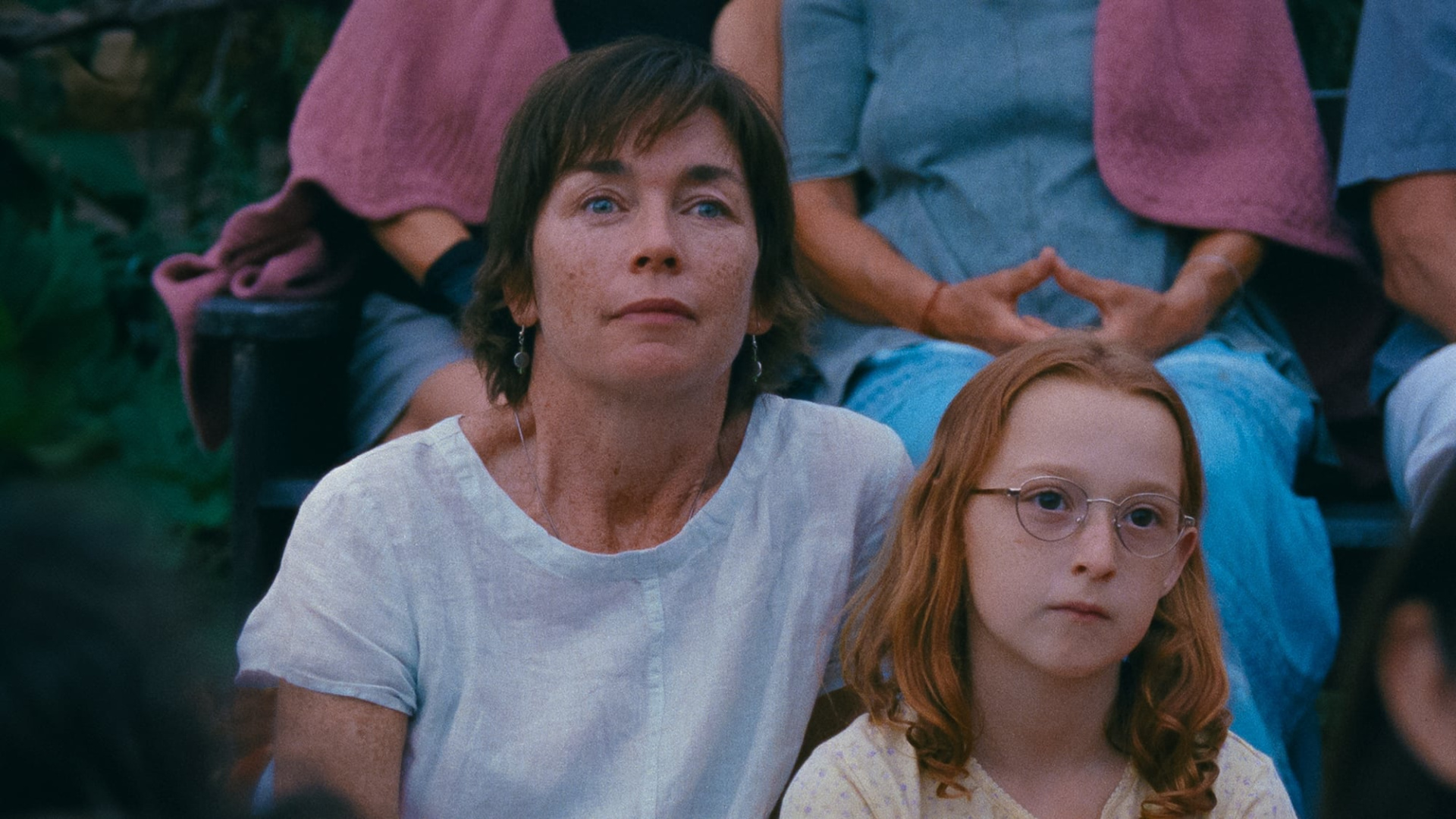
19. Janet Planet
A24’s coming-of-age tale is centred on 11-year-old Lacy, her mother Janet, and three people who come into their lives over one summer in 1991. Pulitzer Prize-winning playwright Annie Baker’s film debut sets out to capture a child’s experience of time passing, and the ineffability of a daughter falling out of love with her mother.
“How to urge you to see this while simultaneously telling you not to expect too much? This understated slow American cinema gem set in rural Massachusetts circa 1991 will tickle the hearts of those who get their kicks from the work of the likes of Kelly Reichhardt and All the Real Girls-era David Gordon Green.” MATTHEW CRAWLEY
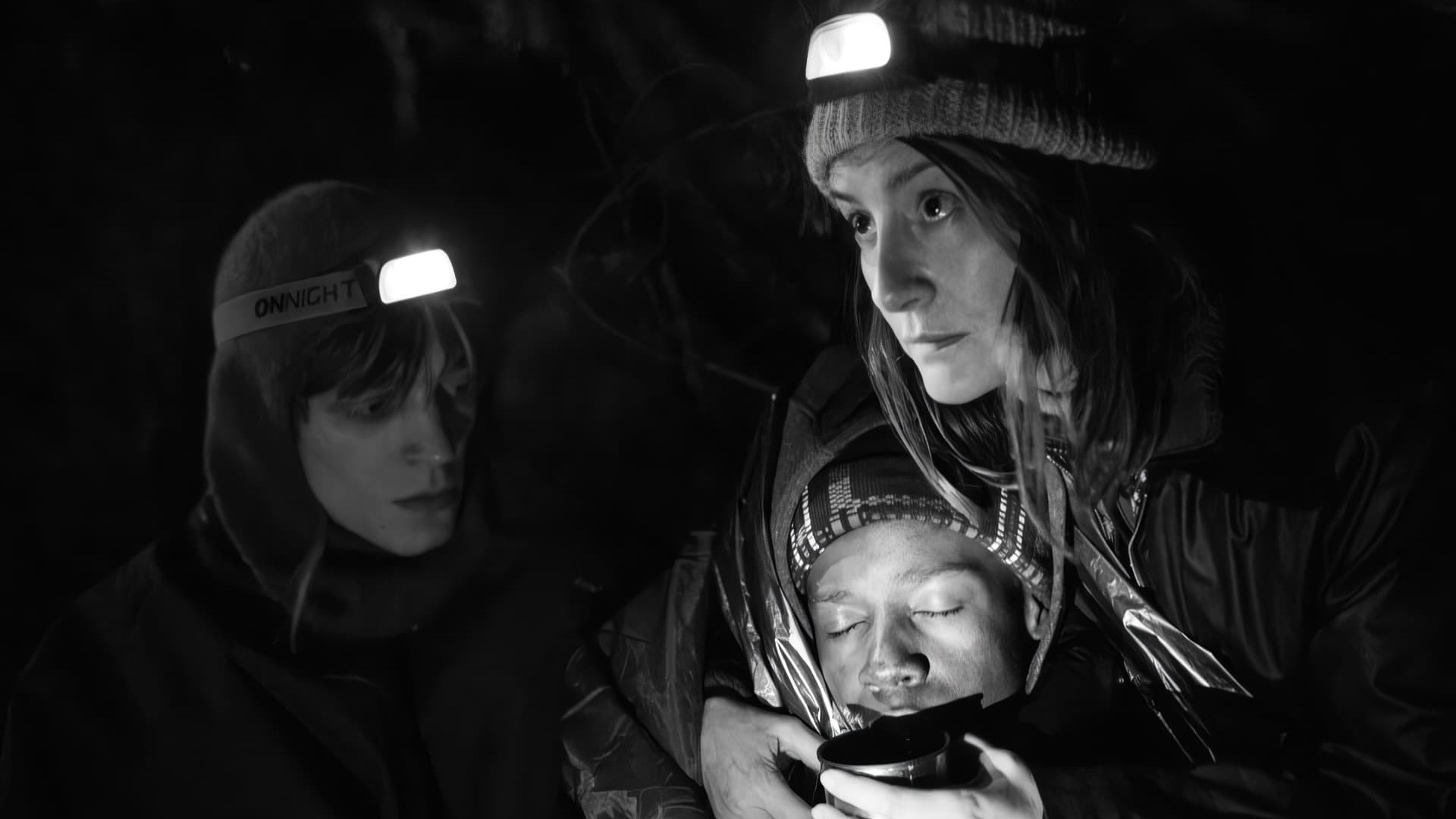
18. Green Border
Special Jury Prize winner at Venice, Agnieszka Holland’s drama captures the plight of refugees, pawns in a game of hybrid warfare between Alexander Lukashenko and the EU. Desperate asylum seekers are dumped by thuggish Belarusian authorities in freezing, forested border territory, where they’re apprehended by Polish border guards and returned to Belarus—stuck in a treacherous and violent loop.
“All-encompassing saga that hits like a throat-choking thriller while carrying itself with the power of a prestige drama.” LIAM MAGUREN
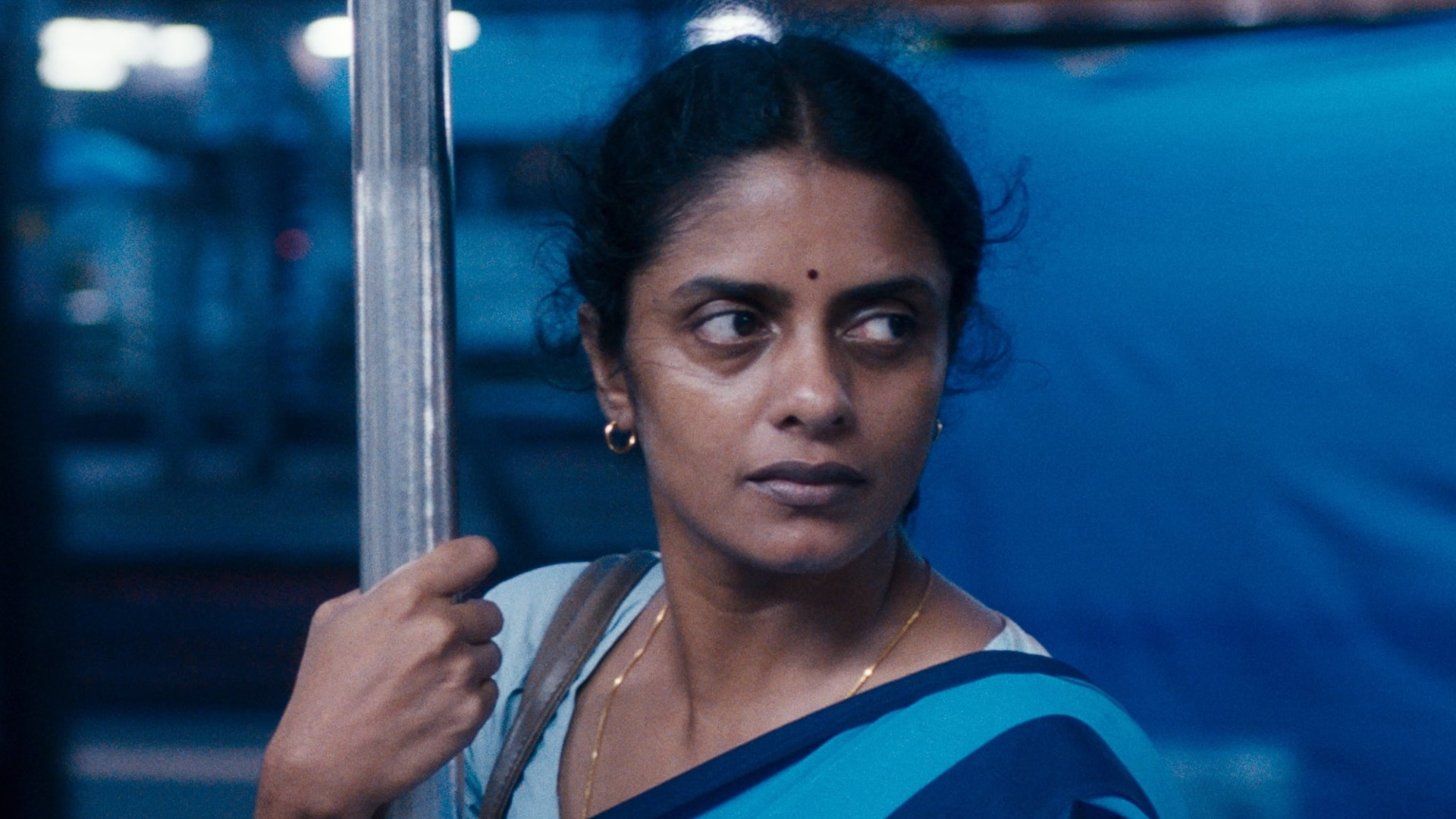
17. All We Imagine As Light
Cannes Grand Prix winner follows two Mumbai nurses who share an apartment—and the experience of troubling relationships. With the 20 million-strong Mumbai population as its backdrop (before detouring to a coastal village) and human intimacy at its core, All We Imagine As Light is an unconventional ode to female bonding.
“To explore too deeply what makes this remarkable film so special might take up more space than we’ve got here, but suffice to say there’s a reason Indian director Payal Kapadia is winning unanimous and feverish praise for it.” MATTHEW CRAWLEY
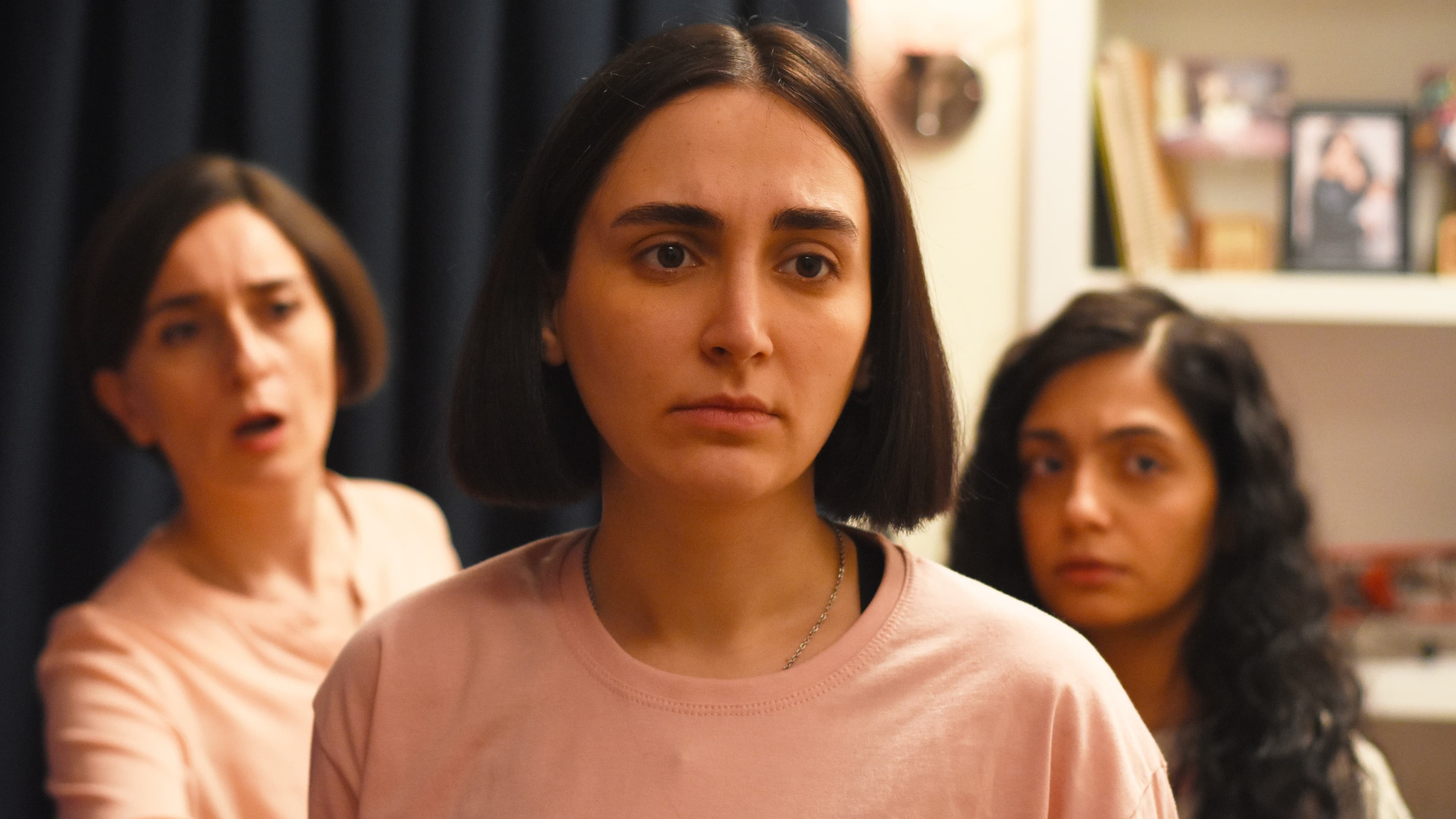
16. The Seed of the Sacred Fig
A hit at Cannes this year, one of Iran’s most daringly political dramas seizes on the waves of protests that followed killings by the country’s “morality police”. Iman is an inspector of the Revolutionary Court who learns he’s expected to rubber-stamp the execution of protestors—with no consideration of evidence. Following the protests and violent state reprisals on social media, Iman’s daughters are horrified by events—the schisms within their family mirroring events outside, and carrying their own threat of harm.
“Stakes escalate dramatically inside their home and outside, excellent performances and pacing making this an enthralling watch (even at 168 mins).” STEVE NEWALL
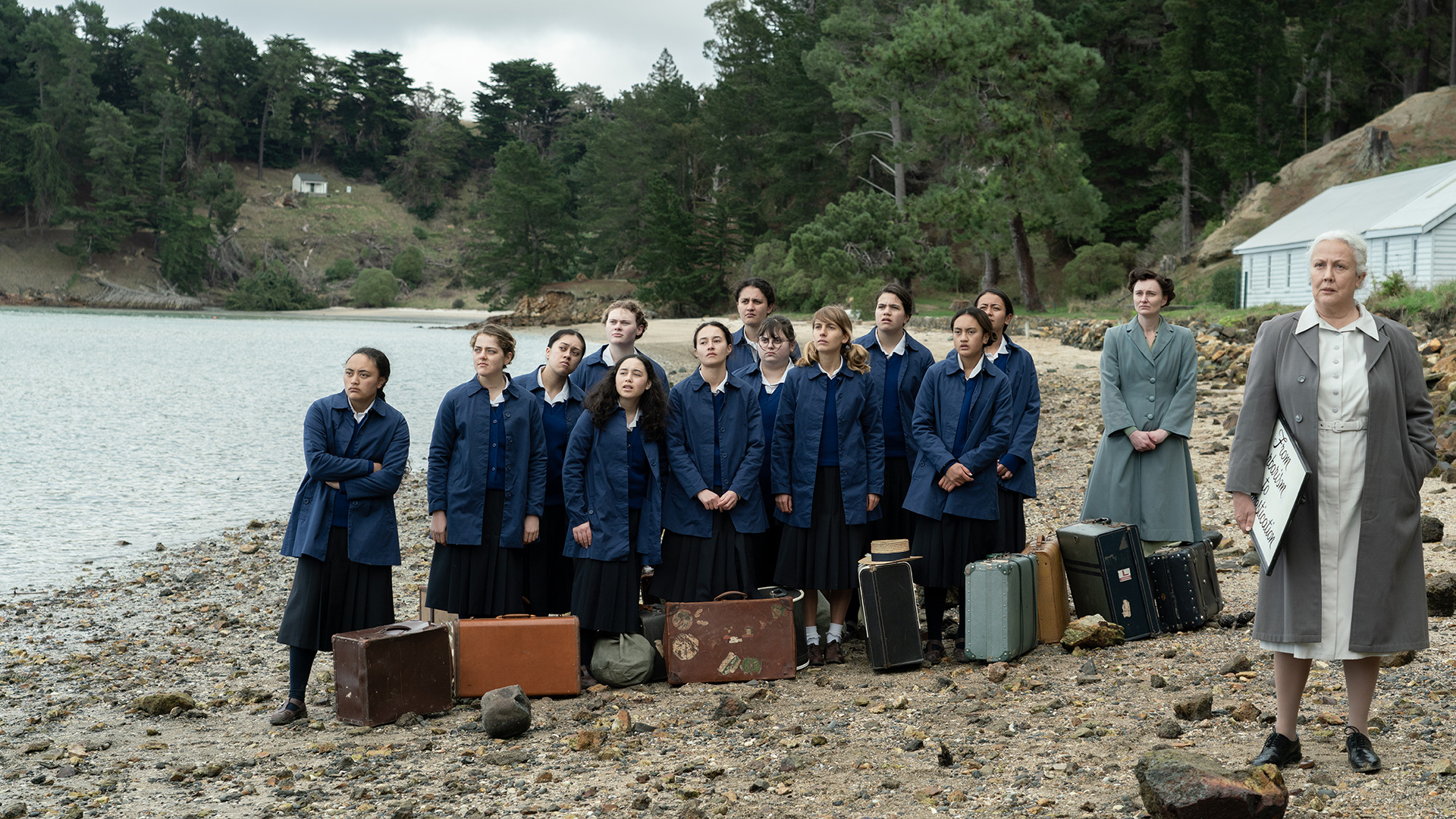
15. We Were Dangerous
This year’s opening night film selection, SXSW hit We Were Dangerous (winner of special Jury Award for Filmmaking in the Narrative Feature Competition) is directed by Josephine Stewart-Te Whiu, and stars Rima Te Wiata and a trio of young actors. They bring to life this 1950s-set drama about three girls sent to an isolated island, an institution for “delinquents”. There, the establishment hopes they can be reshaped into the obedient wives of the future—but what would you expect out of rebellious youngsters than the urge to escape?
“There’s grim stuff going on (punitive outlooks, corporal punishment, and worse) but that’s balanced by a combo of youthful optimism/naivety and dollops of humour that win out over the gloom. Reminded me of Sofia Coppola a bit during the more languid moments; the Mayor of Auckland laughed heartily at a crudely-etched penis at one point.” STEVE NEWALL
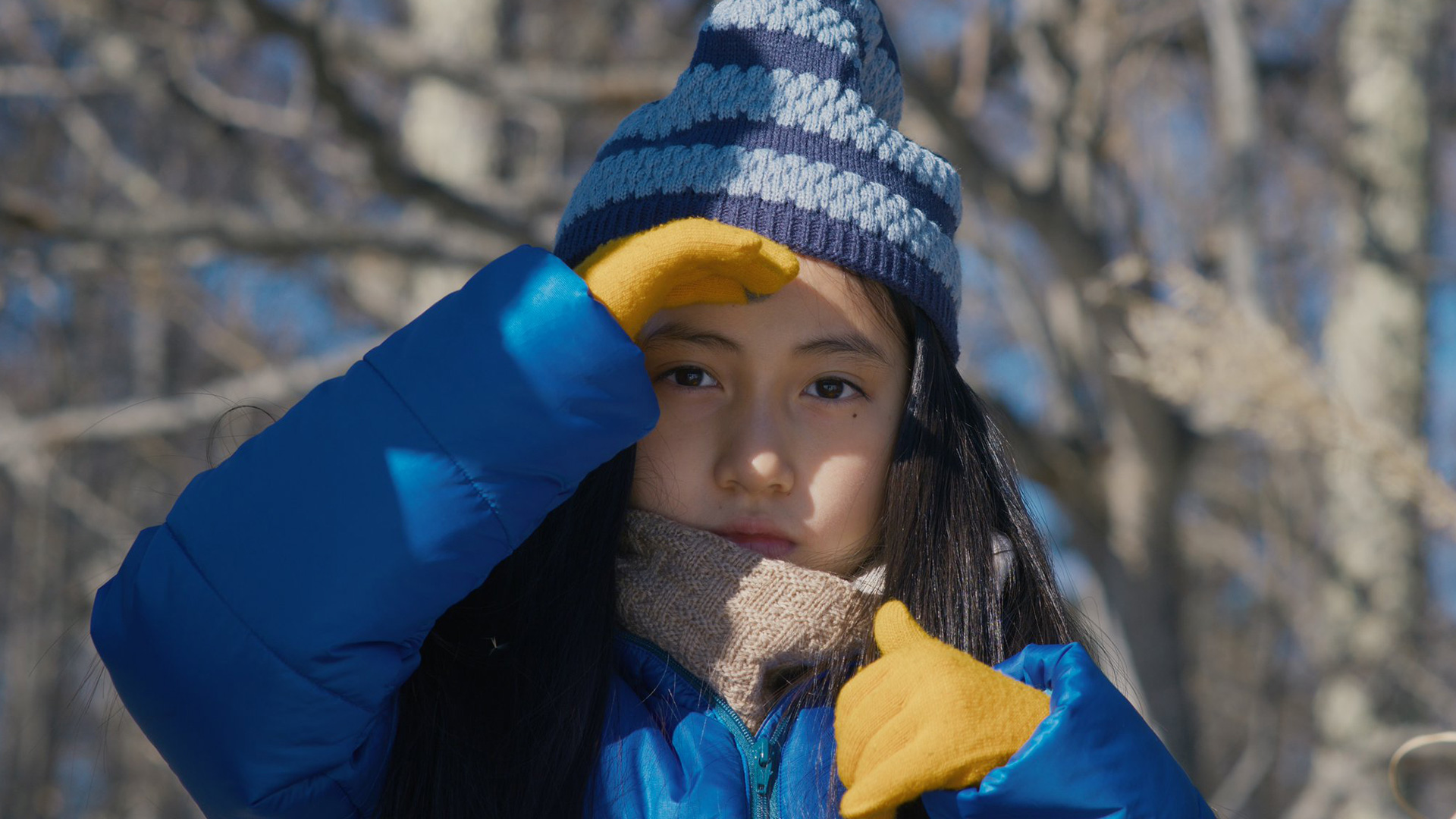
14. Evil Does Not Exist
Drive My Car director Ryûsuke Hamaguchi returns with this drama, following a community living in relaxed harmony with nature, whose way of life and relationship with the environment are threatened by a real estate development: A glamping retreat, of all horrors. As the project is fast-tracked (hmm) by developers, a single father finds himself caught up in this intrusion, as gentle symbiosis threatens to give way to “progress”.
“A serene and sombre experience, delicately directed with a master’s touch.” LIAM MAGUREN
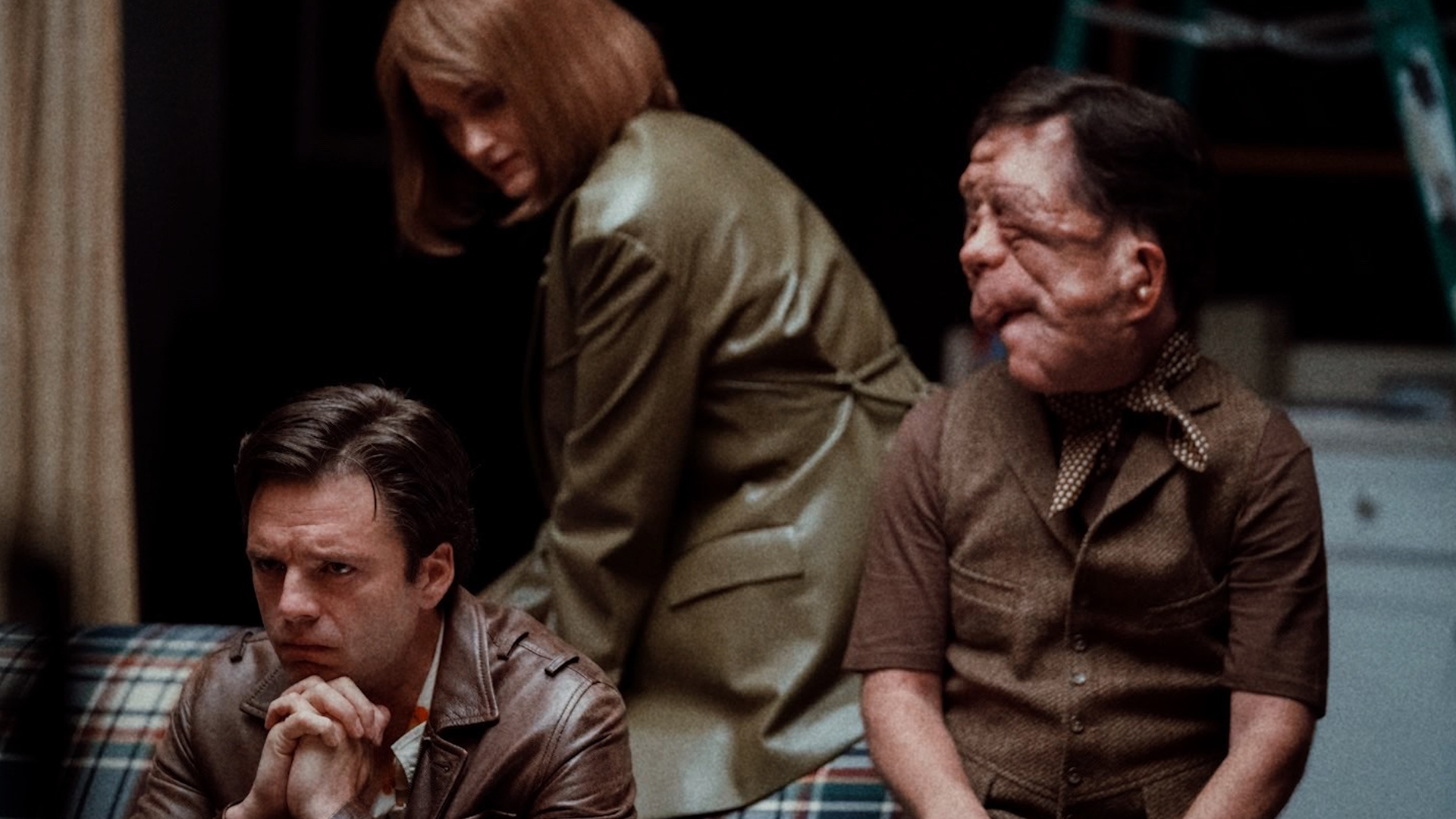
13. A Different Man
Seeing an opportunity to reverse his neurofibromatosis, aspiring actor Edward takes part in a drug trial that leaves him looking like Sebastian Stan, providing a boost in confidence that proves shallow and temporary. What he’s definitely not ready for is the introduction of Oswald (Adam Pearson), who might resemble Edward pre-treatment, but is full of the charm and confidence he has always lacked.
“Aaron Schimberg’s darkly funny parable of the masks we all wear is substantially lifted by a performance from Pearson who enters stage left, and steals the show in a bravura performance with Best Supporting Actor written all over it.” ADAM FRESCO
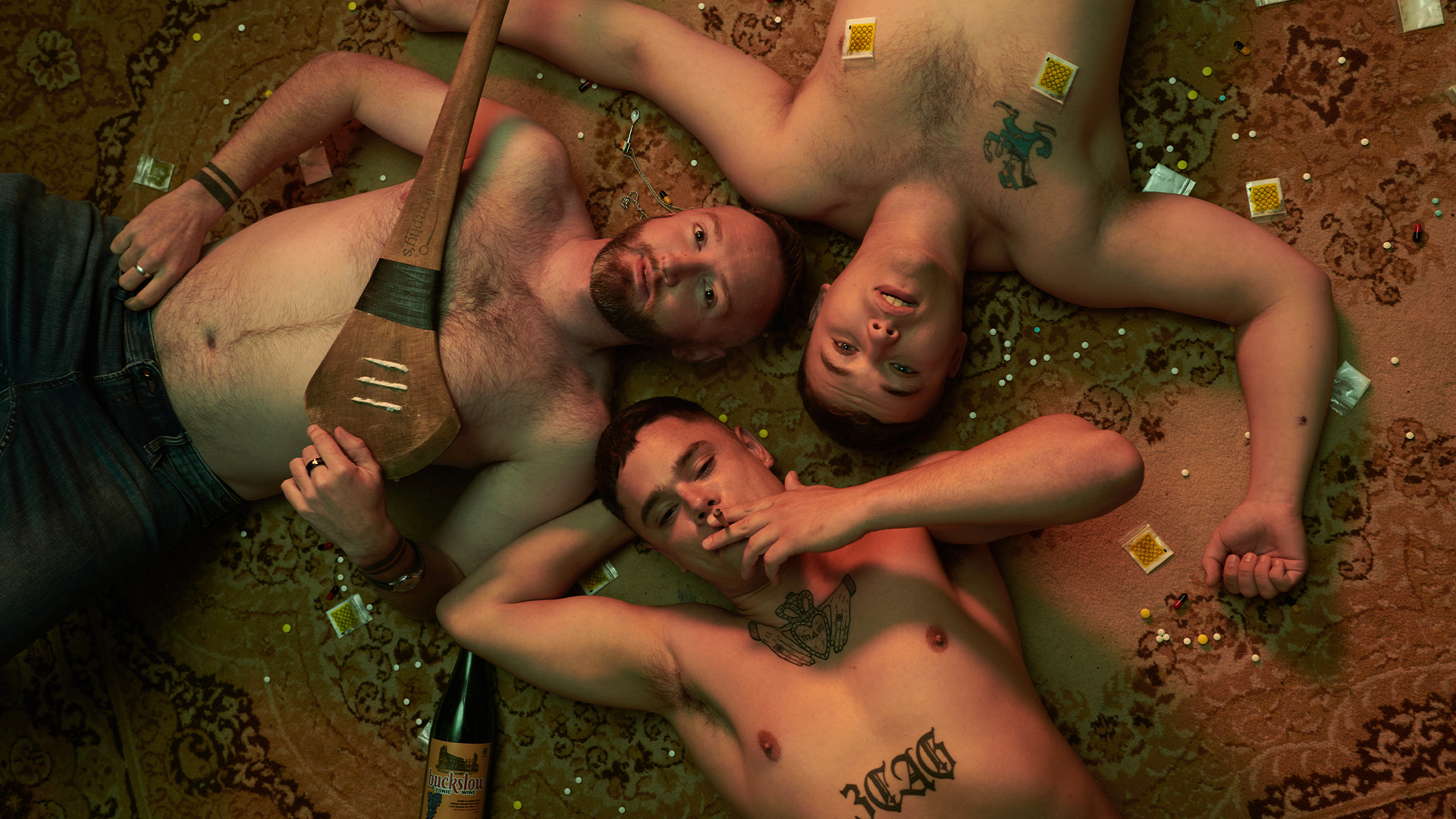
12. Kneecap
Full of drugs, anti-establishment sentiment, cultural pride and fuck-you attitude, Irish-language hip hop trio Kneecap get a biopic of uncertain factual accuracy. They play themselves alongside pros like Michael Fassbender, their pro-Irish language musical stance reflected in this film itself being told in Irish (earning Kneecap the distinction of becoming the first Irish-language film to play Sundance).
“The most provocative, drug-laced, anti-authoritarian movie you’re likely to see that’s also about… language revitalisation? Here in Aotearoa, we will find familiar beats in this story of cultural pride and the group’s (initially) unwelcome pro-Irish language musical stance.” STEVE NEWALL

11. The Monk and the Gun
The director of Oscar nominee Lunana: A Yak in the Classroom captures the wonder and disruption as Bhutan became one of the world’s youngest democracies in 2006. When a mock election is staged as a training exercise, a young monk is sent to procure firearms in case of impending upheaval, finding himself in possession of a rifle sought by collectors.
“Hell of a title, hell of a film. “I need guns,” is a pretty ominous thing to hear from a Lama, but while the sinister implications hang over the entire film, it never stops being an infectiously funny fish-out-of-water story where the fish is Bhutan and the land is democracy.” LIAM MAGUREN
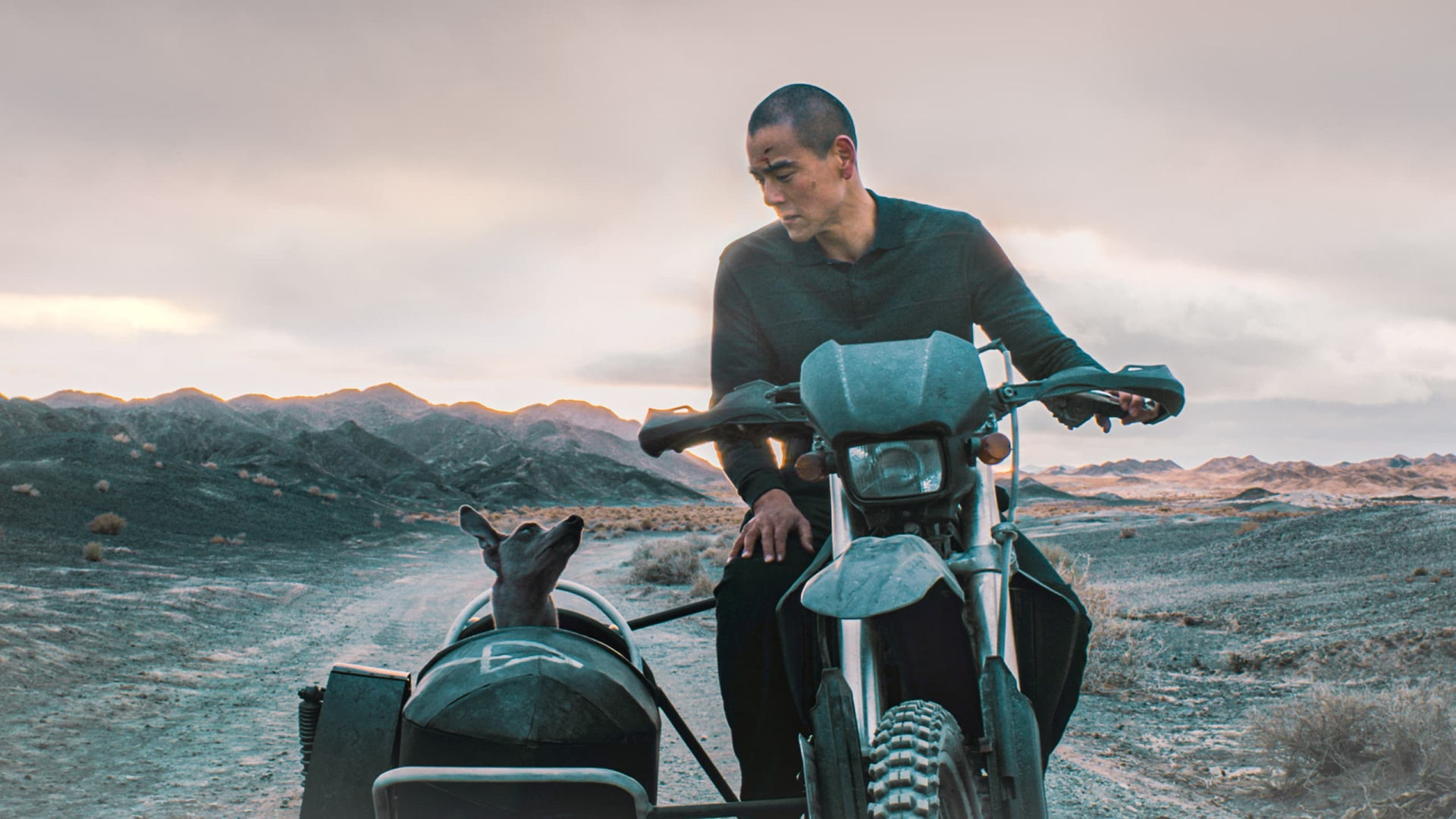
10. Black Dog
Guan Hu’s Un Certain Regard winner at Cannes follows former stunt motorcyclist Lang, who returns to his remote Chinese hometown after a prison term. The looming 2008 Beijing Olympics, and the government’s accompanying policy of eradicating wild animals, offer an opportunity, but Lang finds himself forming an unexpected relationship with the wild dog whose bounty he initially seeks to collect.
“Guan Hu’s script is almost Coen-like in its construction—a series of setups involving an upcoming Olympics, an approaching eclipse, a lone wolf, an imprisoned tiger, an unachieved motorcycle jump and so on—with plenty of the brothers’ wry humour as well, and less socio-economic commentary than you may expect (although it’s implicitly there in the margins). Mostly though this is a story about a very good boy and his human friend, which includes several dozen how-the-fuck-did-they-do-that scenes involving animals.” TONY STAMP
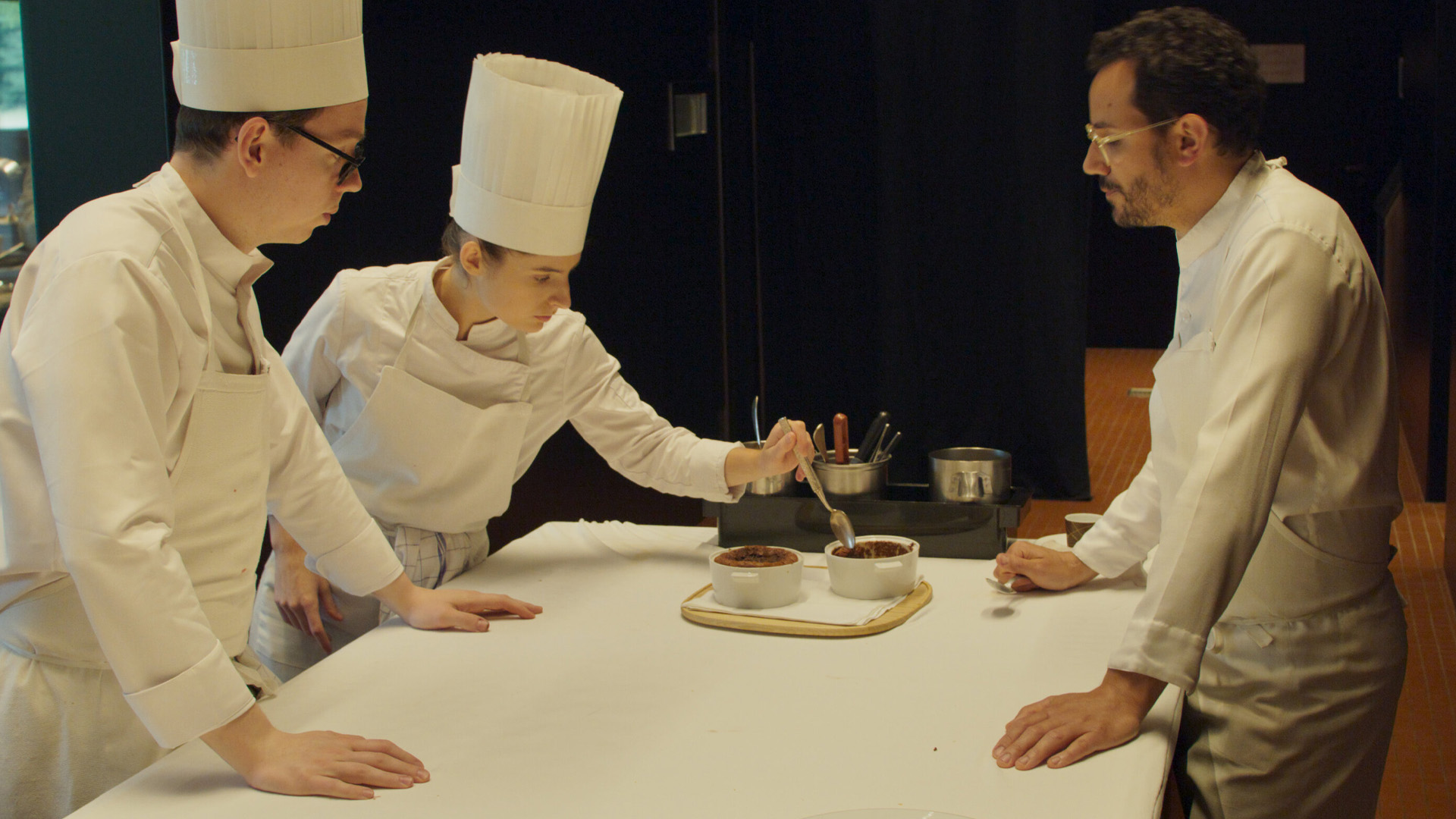
9. Menus-Plaisirs – Les Troisgros
93-year-old director Frederick Wiseman and his portrait of three times Michelin-starred restaurant Le Bois san Feuilles are the embodiments of good things taking time… a four-hour doco luxuriating in the rhythms of restaurant life and the ecosystem that supports it. We’re left to connect the dots ourselves and draw our own conclusions, observing this patient look into a world of hats and stars.
“At turns meditative, humourous, and fascinating, Menus-Plaisirs – Les Troisgros has some surprising digressions to producers of beef, cheese, wine and so on, which show how interlinked a restaurant can be with those around it. Sits interestingly alongside heightened chef dramas like The Bear, or modern ‘food porn’ by seldom showing us inflamed egos—or “beauties” (as Top Chef calls the perfectly lit shots of individual dishes on their show).” STEVE NEWALL
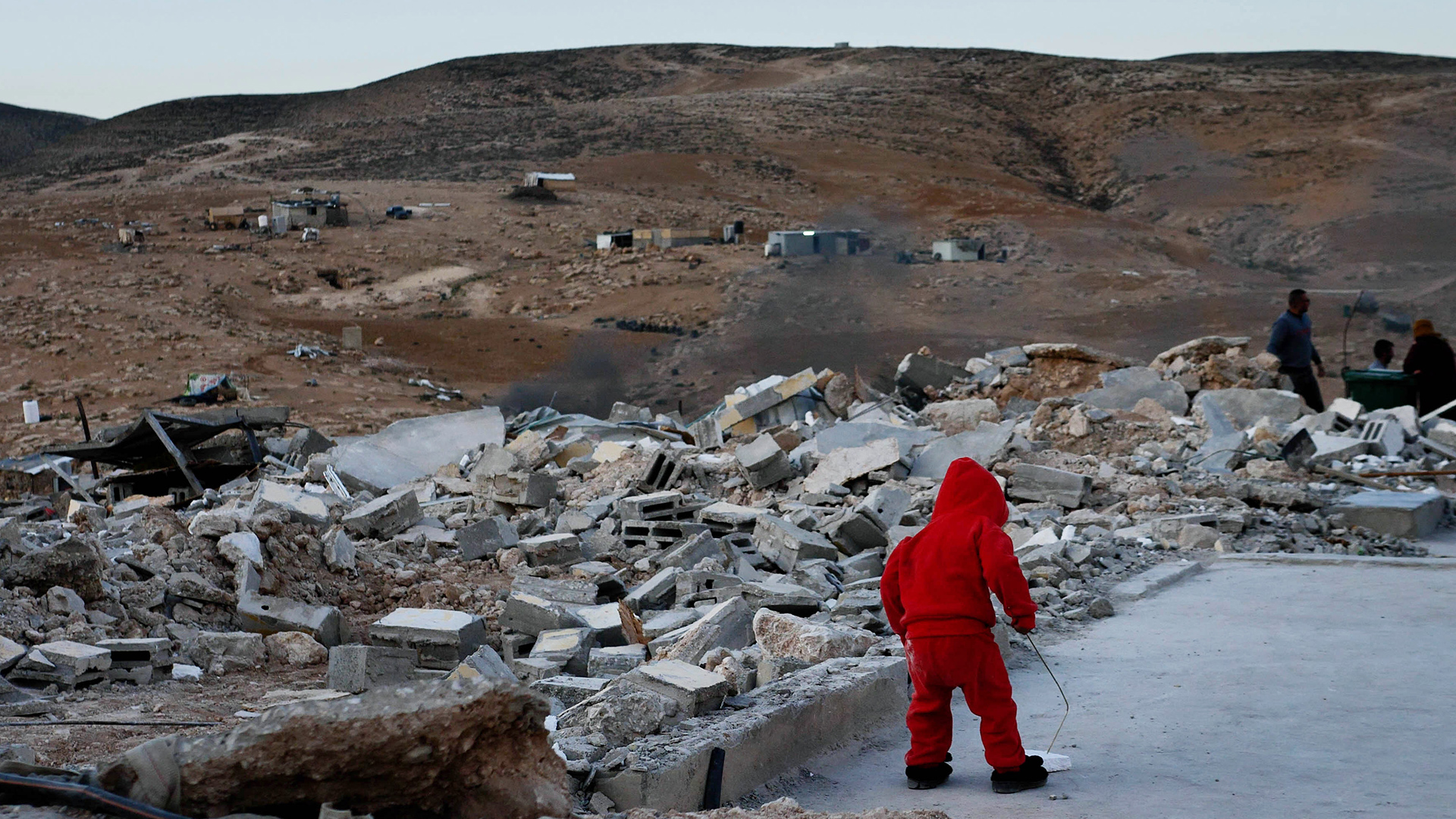
8. No Other Land
Israel’s land grabs in the West Bank and of other Palestinian territories have been deserving of serious attention for decades. This documentary, on a Palestinian village subjected to eviction and forced displacement by Israeli authorities, would be confronting enough without the urgent pulse of current events in the region—daily horrors inflicted on Palestinians mean No Other Land has taken on an increased sense of importance since production wrapped in October of last year.
“Watching village after village be demolished, hearing the same agonised cries of protest from so many different families, works as an overall whole that carries tremendous emotional oomph. Punctuating it are several moments of more singular impact, some of which will stay with me for a long, long time. This is an urgent document of appalling injustice that deserves a wide audience.” DANIEL RUTLEDGE
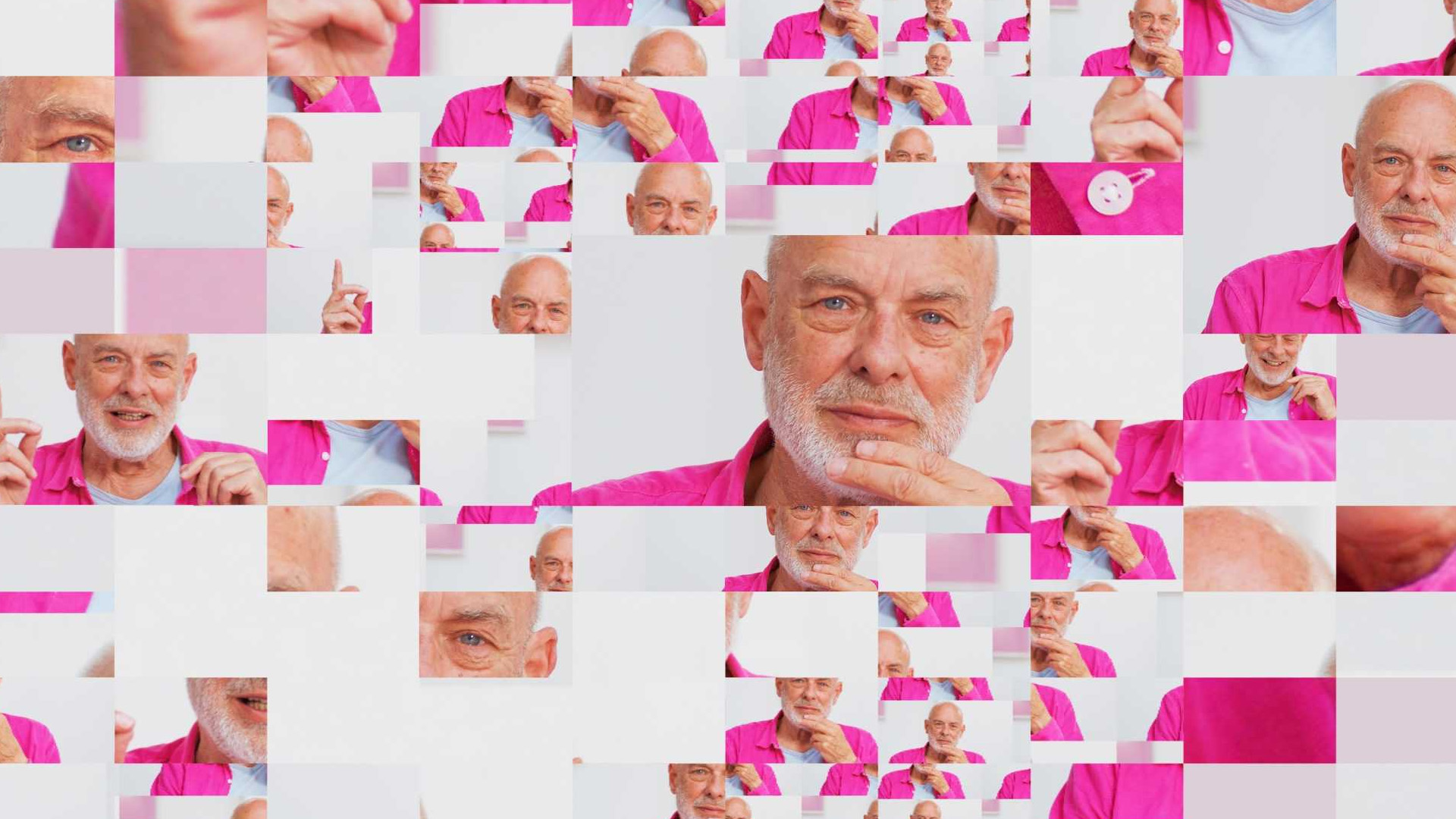
7. Eno
Visionary musician and artist Brian Eno reveals his creative processes in this generative documentary. As the NZIFF programme explains: “Utilising a bespoke software system developed by Hustwit and digital artist Brendan Dawes, the film has millions of possible variations drawing from original interviews and Eno’s archive of hundreds of hours of unreleased footage and music. Eschewing and subverting the traditional grand narrative usual for musical biopics of this type, Hustwit and Eno’s collaboration is literally a one-of-a-kind event designed to be experienced on the big screen.”
“Gary Hustwit’s film doesn’t just honour the creative genius of eclectic musician Brian Eno, it replicates his dazzling experimental array. Entertaining, witty, and always engaging, it’s a standout festival must-see.” ADAM FRESCO
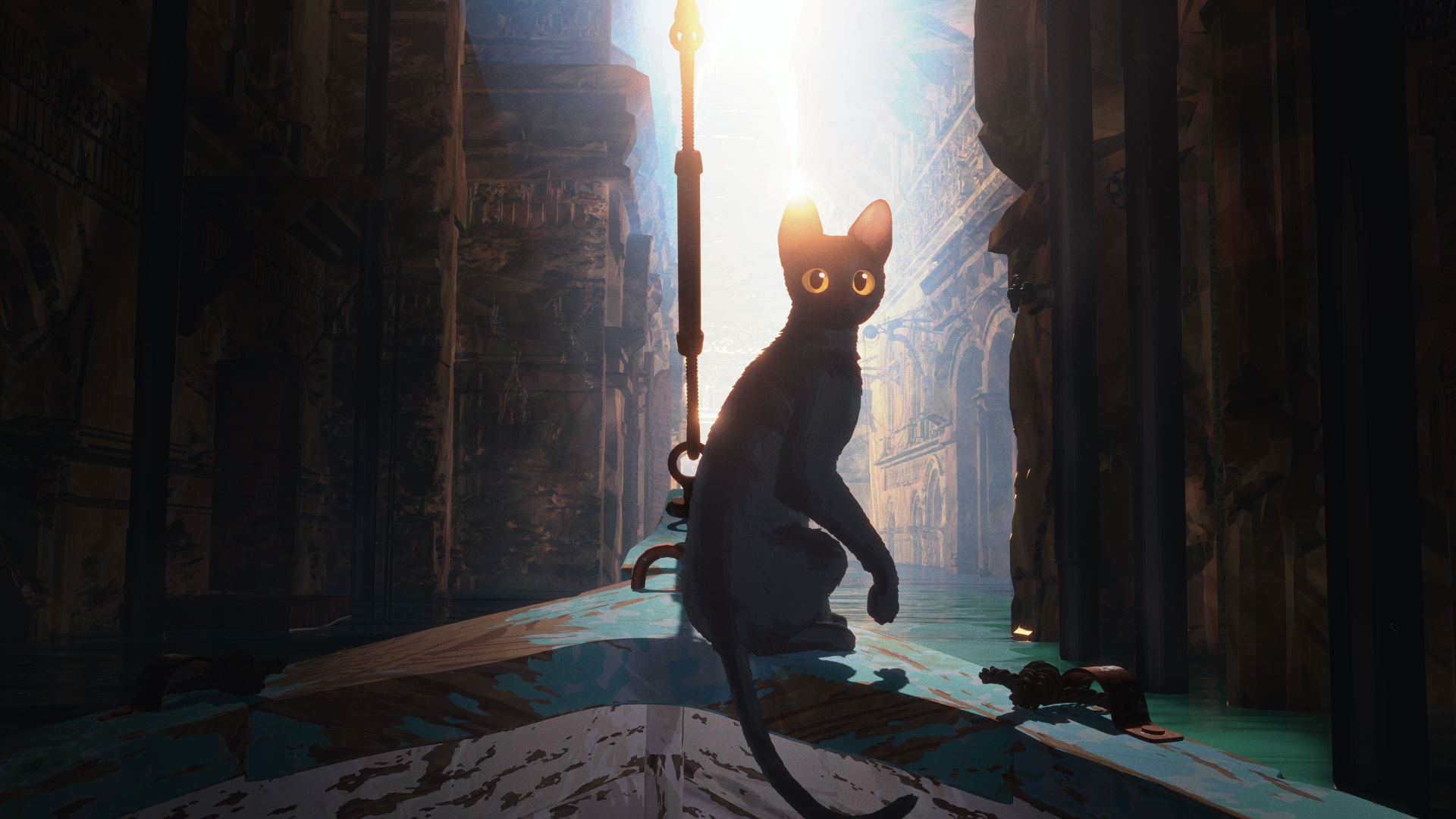
6. Flow
A cat must work together with other species stuck on a boat after a flood devastates their home in this big award-winner from Annecy 2024. In the lonesome boat sailing through mystical overflowed landscapes, they navigate the challenges and dangers of adapting to this new world.
“This staggeringly cinematic, jacked-up Homeward Bound with a buzzy setting cleverly overcomes some technical limits with a dazzling approach to CG cinematography that recalled the wild swings Steven Spielberg took with his animated Tintin movie (lots and lots of oners, naturally).” LIAM MAGUREN
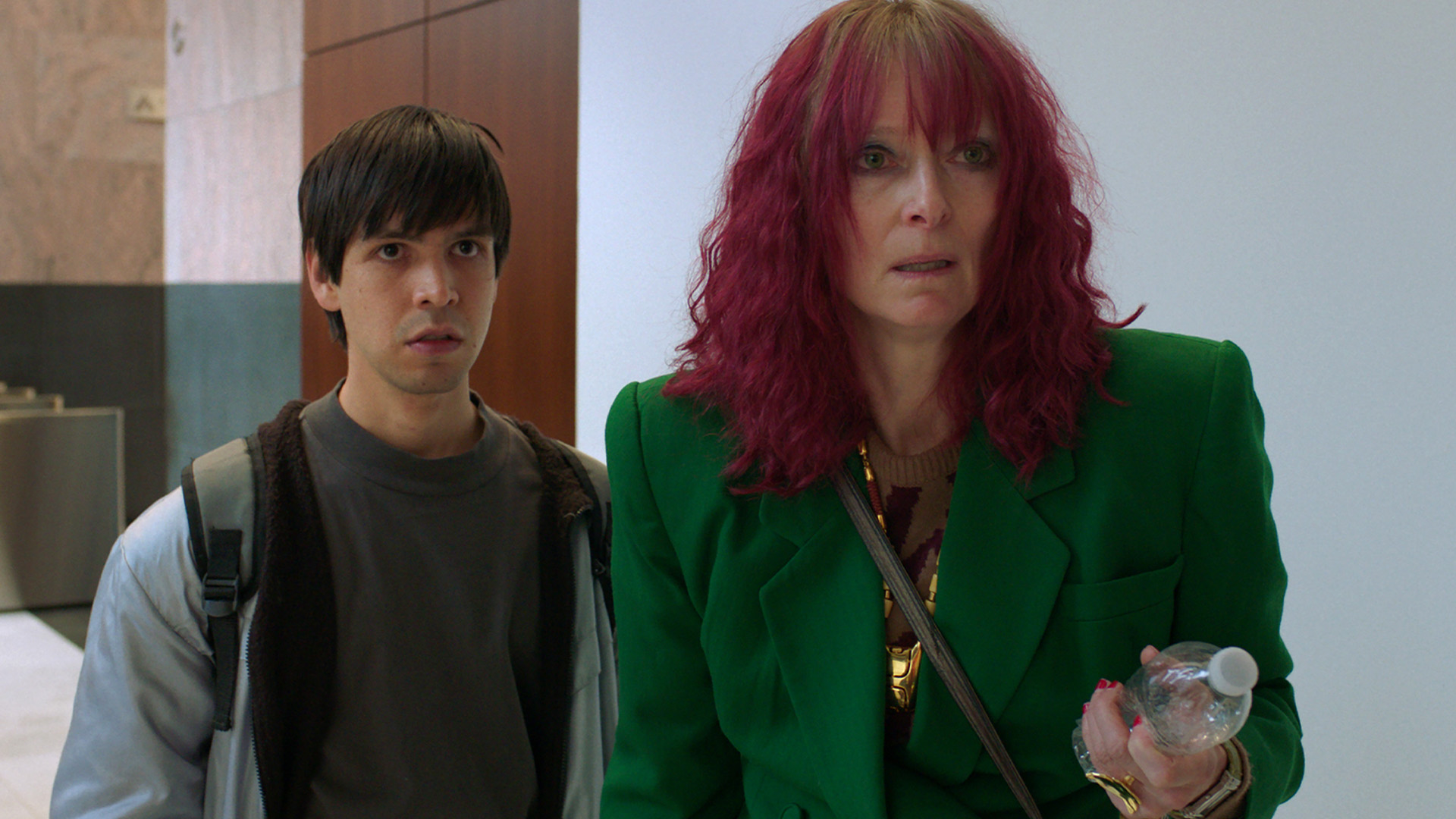
5. Problemista
Set in a slightly fantastical America, this A24 film tells the story of Alejandro, an aspiring toy designer from El Salvador, struggling to bring his unusual ideas to life in New York City. As time on his work visa runs out, a job assisting an erratic art-world outcast becomes his only hope to stay in the country and realise his dream.
“Writer, director, and star Julio Torres (Fantasmas) is clearly here to rescue us from ourselves, and together with a top-form Tilda Swinton has created a film with its head in the clouds that’s serving the same kind of tickled wonder (with just enough melancholy) that Michel Gondry’s best moments did. See this, see this!” MATTHEW CRAWLEY
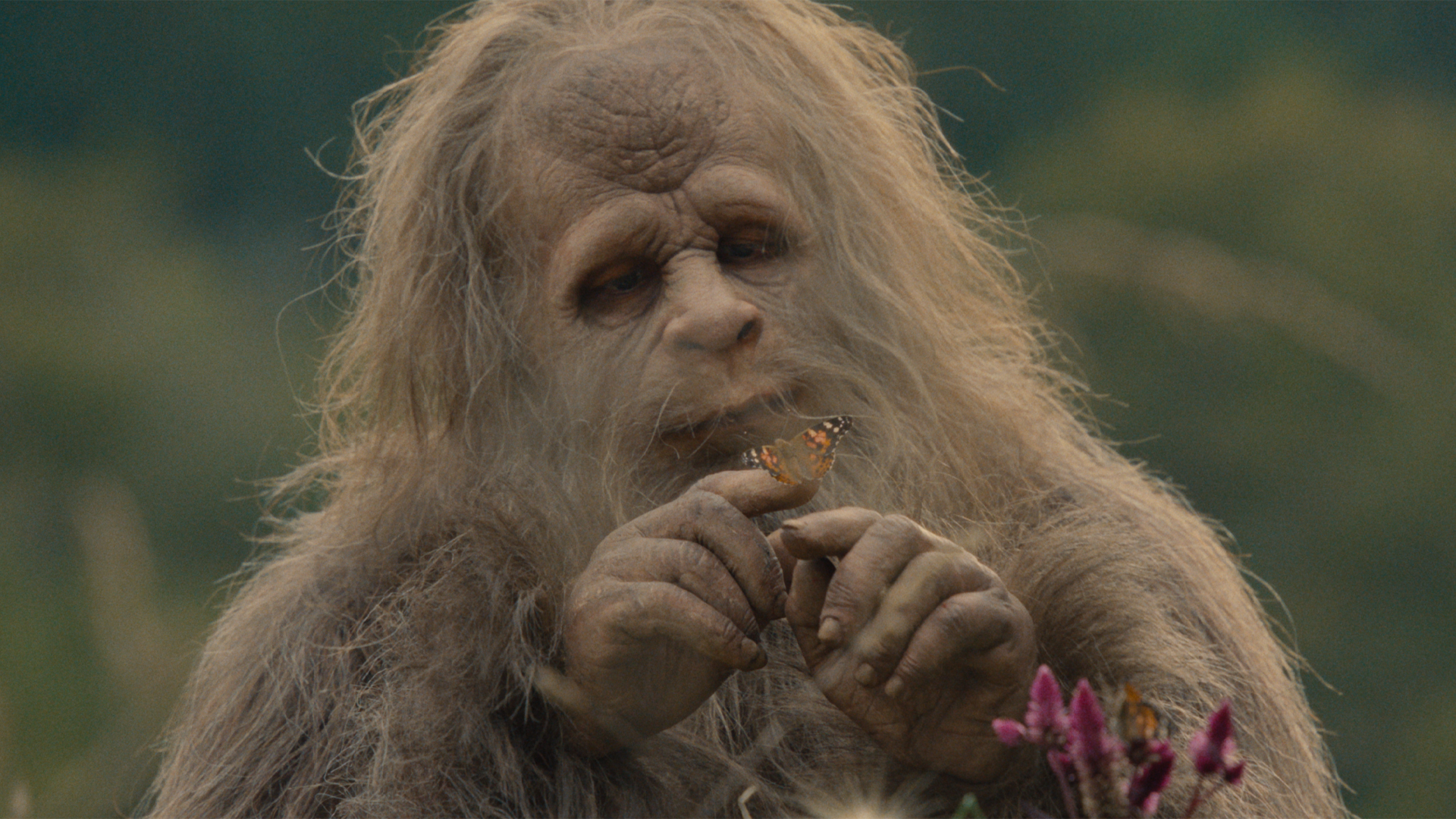
4. Sasquatch Sunset
Beneath the furry costumes, Jesse Eisenberg and Riley Keogh are among the human actors playing a bigfoot family in Sasquatch Sunset. The dialogue-free conceit is to picture how they live—as directors David and Nathan Zellner told Rory Doherty in their interview, it started from a joke about why the only footage of Bigfoot is of them walking. What else do they do? Use your imagination… or your eyes, if you watch this.
“A startling emotional feast, Sasquatch Sunset is maybe the most beautiful thing I’ve seen in a cinema. It is also among the most disgusting.”CALLUM DEVLIN
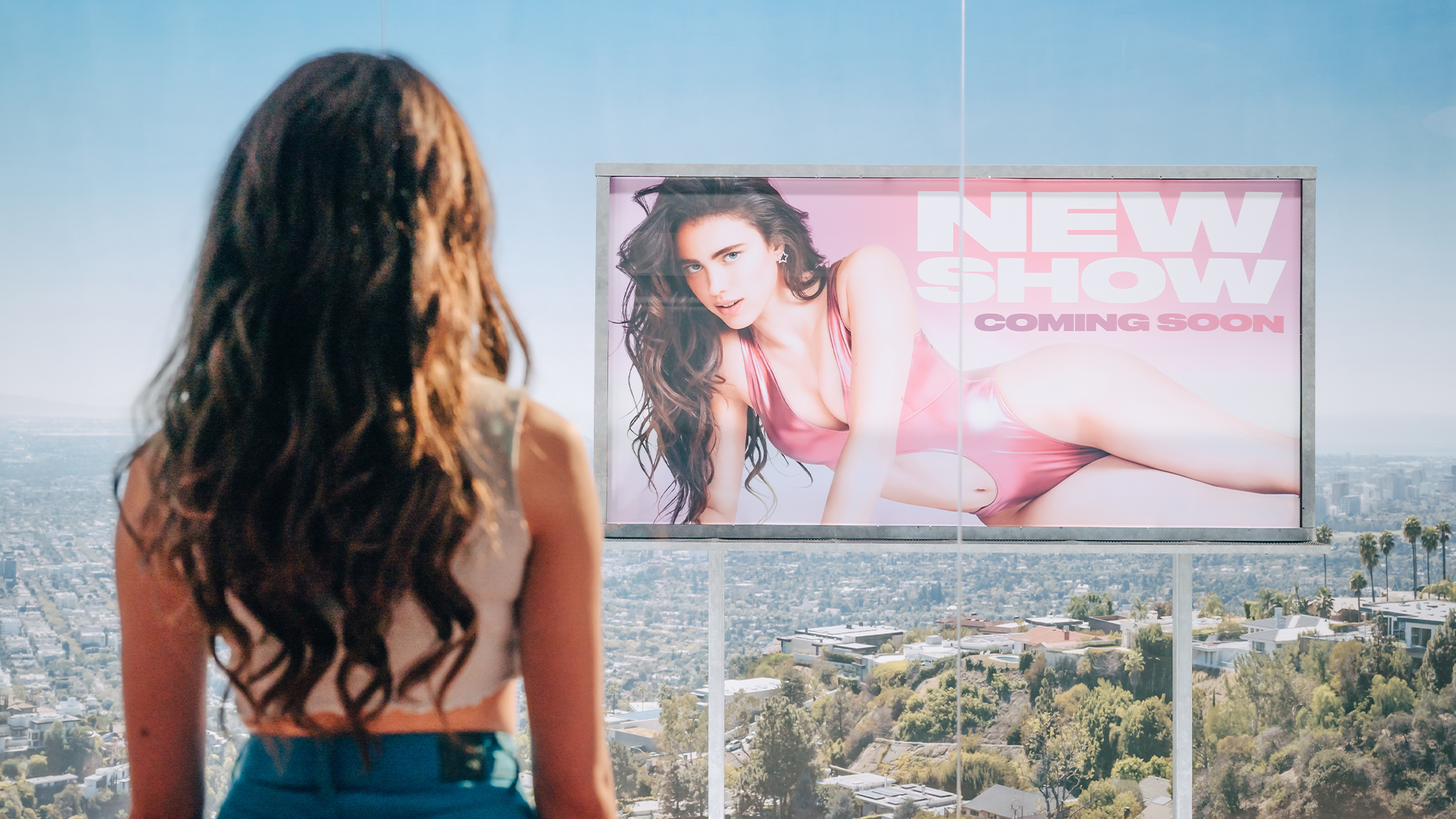
3. The Substance
Satirical body horror, and a grotesque closer to this year’s NZIFF. Demi Moore and Margaret Qualley star, in a story that sees a TV fitness instructor combat the impact of aging on her career by using “The Substance”—offering the best version of herself, but to unimagined consequences…
“At its heart, a cool turn by Demi Moore, bringing a resonance to the role of an ageing-out star—imagine that shot through with a spattering of gore, and in the style of Benny Benassi’s Satisfaction vid, and you’re on the right track.” STEVE NEWALL
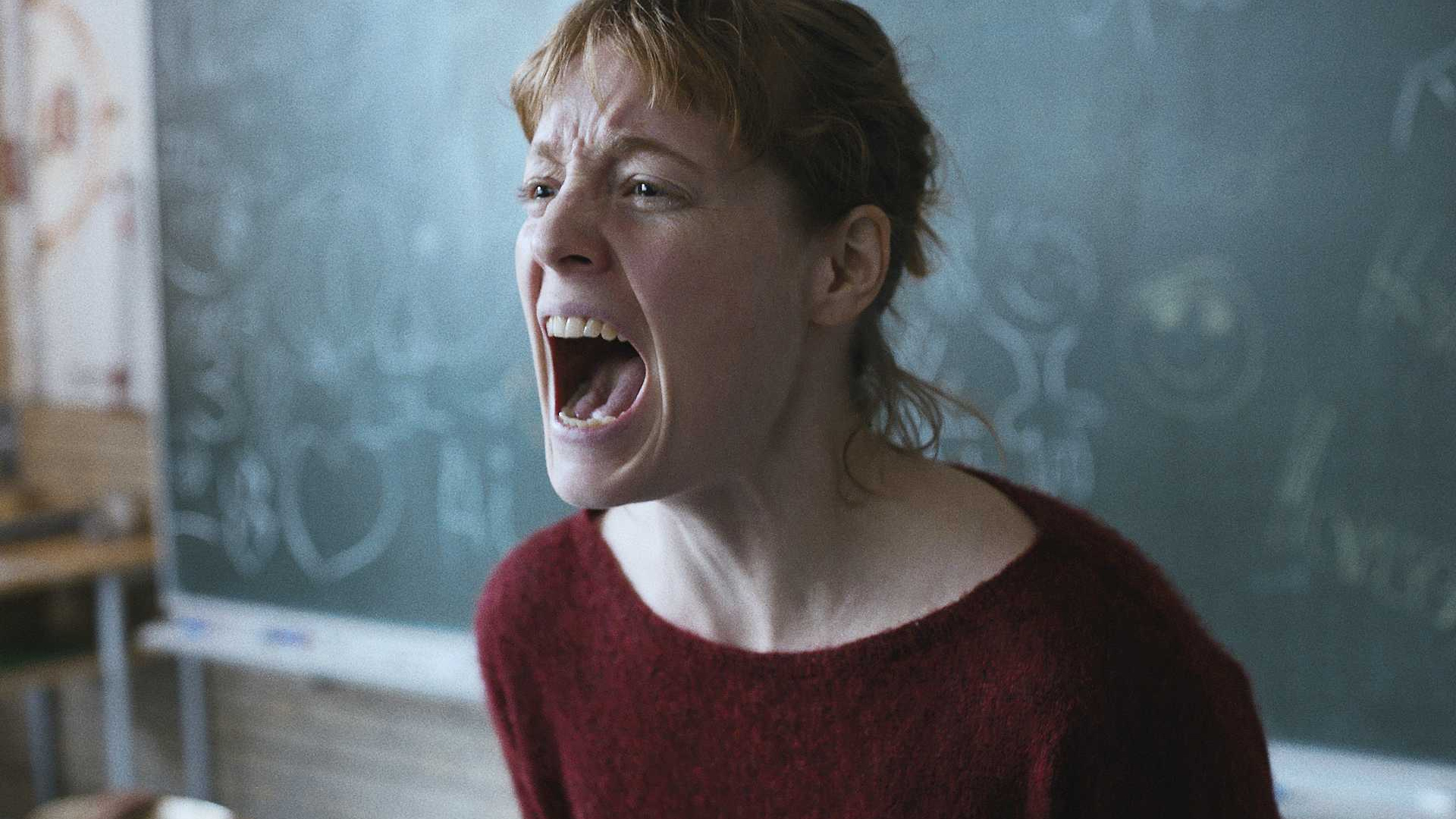
2. The Teachers’ Lounge
Follows a teacher who, when one of her students is suspected of theft, decides to get to the bottom of the matter. Caught between her ideals and the German school system, the consequences of her actions threaten to break her—especially as the scope widens beyond the act of theft itself to include racial prejudice, socio-economic status, and institutional conformity.
“An exercise in increasingly ratcheting tension, this stressful German tale of a young teacher caught in the middle of an ever worsening theft scandal would put anyone off venturing into the field of education.” KATIE PARKER
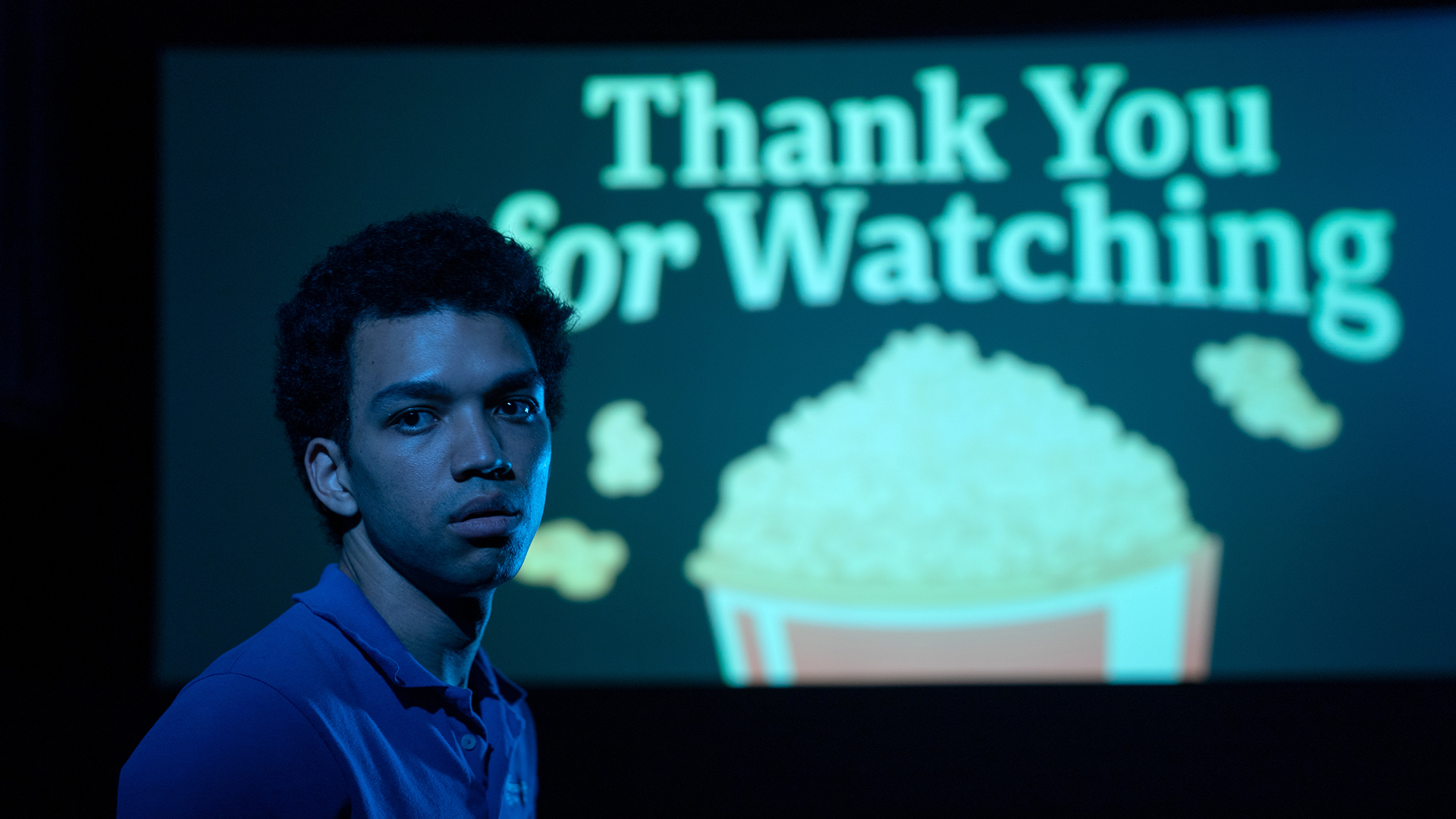
1. I Saw the TV Glow
Jane Schoenbrun’s follow-up to We’re All Going to the World’s Fair sees Justice Smith (Dungeons & Dragons: Honour Among Thieves) and Brigette Lundy-Paine (Bill & Ted Face the Music) forge a friendship over a late night TV show—but the latter’s disappearance unlocks a tale of personal revelation and roads not taken.
“A lock for end-of-year best movies lists. This visually stunning film about loners connecting over their shared love for a cult TV show gives way to something much deeper and emotionally resonant—Owen and Maddy are brought together by late-night airings of The Pink Opaque, but it’s a closeness that leaves Owen adrift when his friend disappears. This A24 smash is set to be a highlight of NZIFF (and 2024 overall) with the heart to match its auteurist contemporary queer Lynch-y leanings, an Alex G score and its soundtrack including the likes of Caroline Polachek, Phoebe Bridgers and Snail Mail.” STEVE NEWALL
Originally published by Flicks on Sept 3, 2024.































